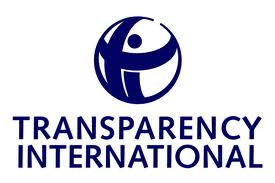 Transparency International today applauds the decision taken by two European Parliament committees to make it harder to use anonymous shell companies and trusts to launder corrupt funds. European Union governments with a real desire to combat corruption should give these amendments their full backing.
Transparency International today applauds the decision taken by two European Parliament committees to make it harder to use anonymous shell companies and trusts to launder corrupt funds. European Union governments with a real desire to combat corruption should give these amendments their full backing.
Today the European Parliament LIBE and ECON committees voted in favour of groundbreaking amendments to EU Anti-Money Laundering legislation, which would make open to the public the real (beneficial) owners of companies and trusts in the EU. The Parliament’s agreed position goes beyond the initial European Commission proposal released last year.
“The flow of dirty money into the EU remains a serious challenge that undermines the EU’s credibility as an anti-corruption actor. Making this information public is not only cost-effective, but will also help civil society, journalists and the public to weed out false information to help uncover corruption and crime,” says Carl Dolan Director of the Transparency International EU office.
Corruption around the world is facilitated by people’s ability to launder and hide the proceeds of their crimes, which also robs both developed and developing countries of significant public revenues. Opaque ownership structures involving anonymous shell companies and trusts enable money launderers to disguise and conceal the illicit origins of their wealth. An important loophole has been the lack of transparency around who owns and controls companies, trusts, foundations and other legal structures in the EU.
“€120 billion is lost from the EU economy every year according to the recent EU Anti-Corruption Report, much of that facilitated by money-laundering using these opaque structures,” added Carl Dolan.
Whether these amendments find their way into the final Directive will depend on the political will of EU Member States in the Council. Building on declarations made at G8 and G20, the Greek and forthcoming Italian Presidencies should push for a Council position that supports these provisions for public registers of beneficial ownership.
